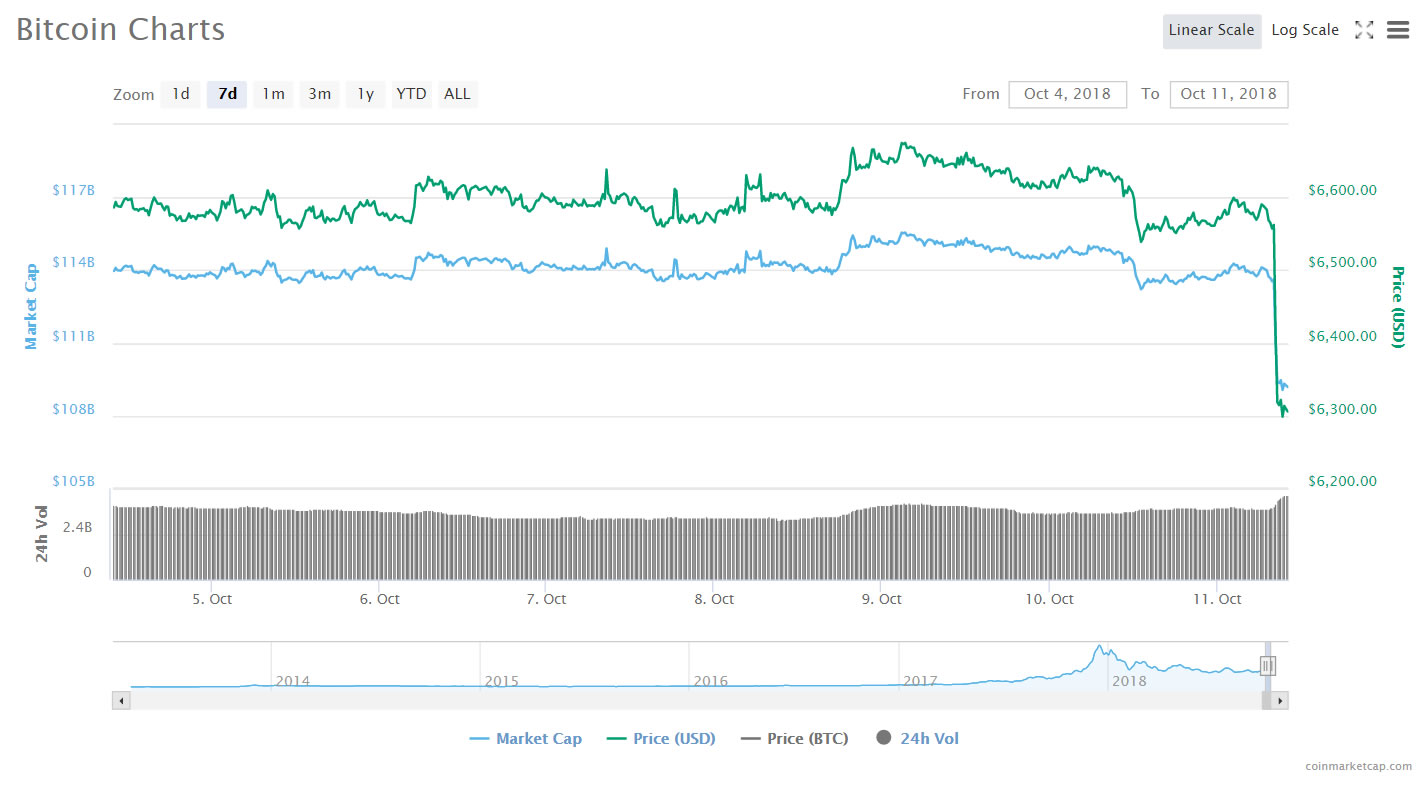
2018-12-28 21:23 |
Crypto participants continue to admire the tenacity (and audacity) of the legacy banking industry, which has accumulated fines exceeding $243 billion over the last decade. In the latest instance of no-wrongdoing-admitted, two major Wall Street banks have received a one-two punch from regulators, agreeing to pay stiff fines for lapses in AML procedures and trading behavior.
The fines, which amount to $10 million and $135 million-plus for Morgan Stanley and JPMorgan respectively, are the result of settlements reached with the U.S. Securities and Exchange Commission and FINRA.
Crypto is not perfect, but it has come a long way toward regulatory compliance in its short 10-year history. Wall Street has had a couple hundred years to get it right. Anti-money laundering and know-your-customer protocols are now the standard at crypto exchanges in regulated jurisdictions including the U.S. and Australia.
Even ShapeShift, which was previously lauded by users for its anonymity features, has stepped up with a membership program.
Bankers and economists may need a reminder that money laundering, while unfortunate, is not exclusive to one asset class.
Sounds A Lot Like TetherAccording to the SEC statement, JPMorgan’s settlement involves “improper handling of “pre-released” American Depository Receipts (ADRs).” ADRs “represent foreign shares of a foreign company” and “require a corresponding number of foreign shares to be held in custody at a depository bank,” the SEC states.
Apparently, there was a disconnect in thousands of transactions in which neither the broker nor the investor had the proper foreign shares needed to fund the orders.
We received the following statement from JPMorgan:
“We’re pleased to have resolved this matter, which is related to an industry practice we voluntarily ended a few years ago.”
AML Is An Age-Old IssueMorgan Stanley’s brokerage arm must fork over $10 million for compliance issues surrounding its “AML program and supervisory failures.”
The brokerage division relies on an automated surveillance system, and a communication breakdown “undermined] the firm’s surveillance of tens of billions of dollars of wire and foreign currency transfers, including transfers to and from countries known for having high money-laundering risk.”
Maybe they could use the blockchain instead.
FINRA’s probe was mostly tied to legacy Morgan Stanley Smith Barney (MSSB) systems, including the sale of low-priced securities. The shortcomings mostly stemmed from the 2011-2013 period but also involved some instances occurring as recently as 2015. Morgan Stanley provided us with the following statement:
“We are pleased to have resolved this matter from several years ago. We continuously work to strengthen our controls and have been recognized by FINRA for the extraordinary steps we have taken to expand and enhance our AML program.”
If a Wall Street firm founded in 1871 is still strengthening its AML program, then surely crypto can be afforded a little courtesy as it takes rapid steps to compliance.
In a perfect world, leaders across the centralized and decentralized worlds might come together for the greater good to beat fraud altogether.
The author is invested in digital assets, but none mentioned in this article.
Join the conversation on Telegram and Twitter!
The post Crypto Shrugs As JPMorgan Gets Schooled By SEC Yet Again appeared first on Crypto Briefing.
origin »Bitcoin price in Telegram @btc_price_every_hour
Emerald Crypto (EMD) на Currencies.ru
|
|
















